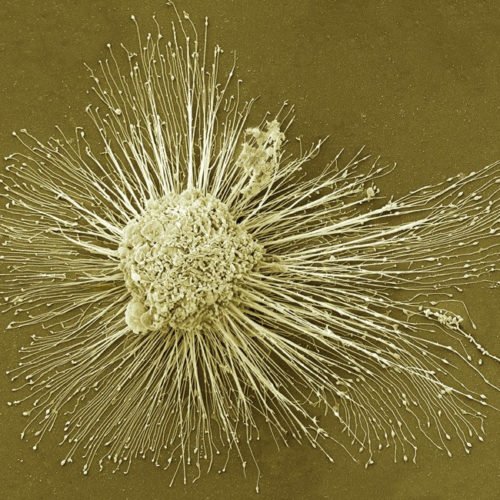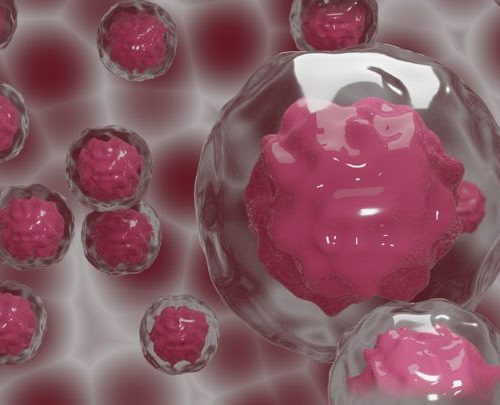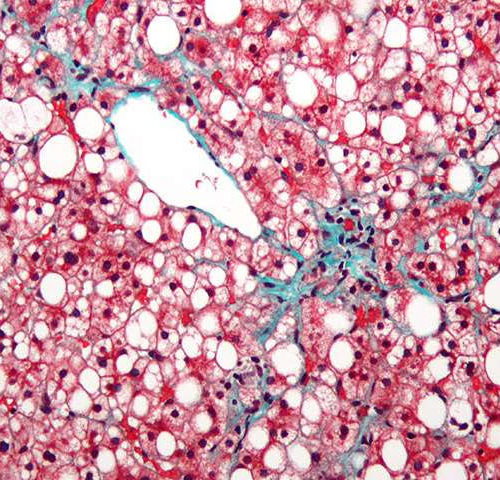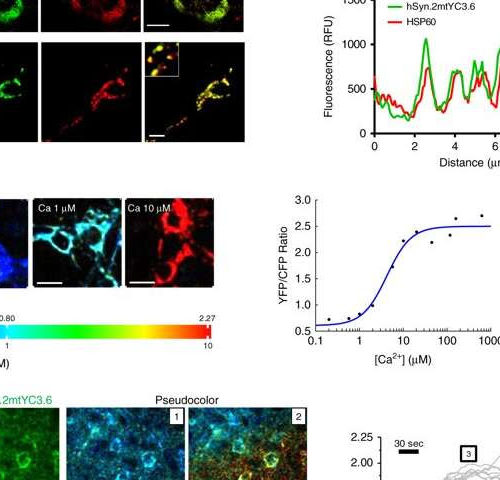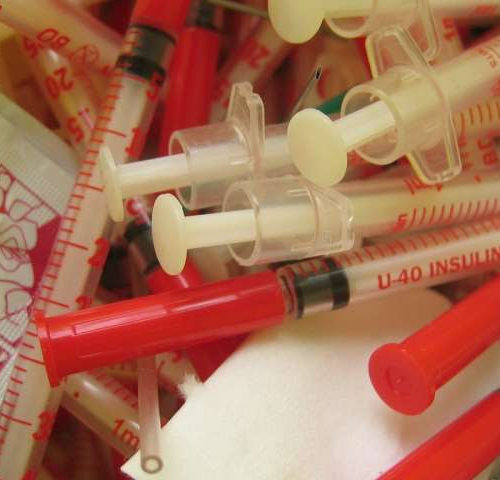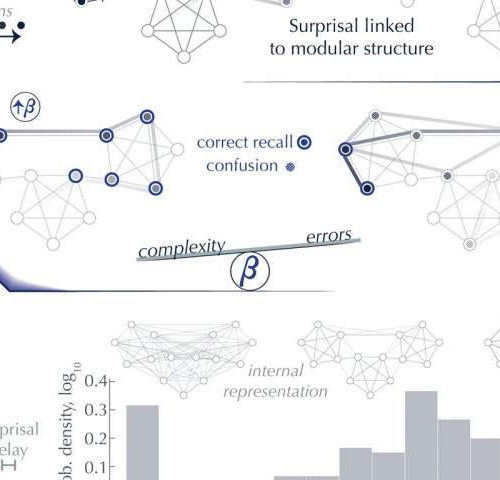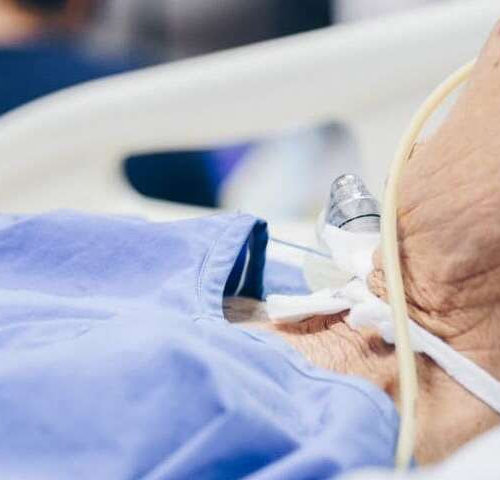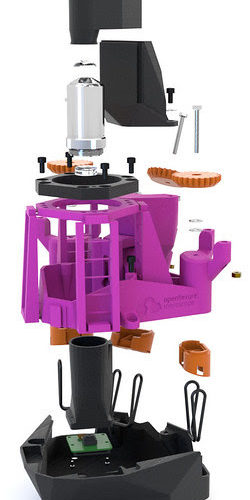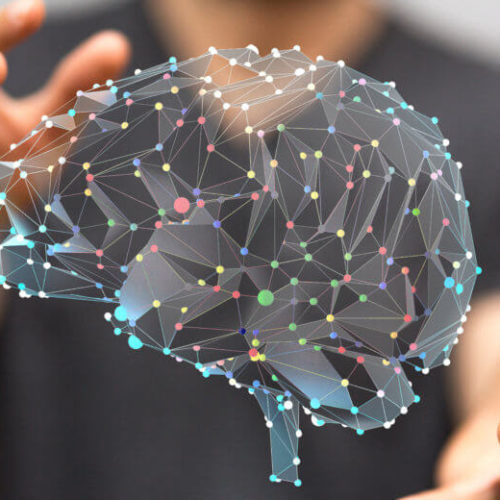Two men in China were the first people in the world to receive an experimental treatment for heart disease based on ‘reprogrammed’ stem cells and have recovered successfully one year later, says the cardiac surgeon who performed the procedures. In May last year, the men were injected with heart muscle cells derived from induced pluripotent...
Tag: <span>researchers</span>
Stem cells shown to delay their own death to aid healing
Already known for their shape-shifting abilities, stem cells can now add “death-defying” to their list of remarkable qualities. A new study shows how stem cells – which can contribute to creating many parts of the body, not just one organ or body part – are able to postpone their own death in order to respond...
Researchers develop new drugs for treating polycystic hepatorena
Polycystic hepatorenal diseases are hereditary genetic disorders characterized by the progressive development of multiple symptomatic cysts in the kidneys and/or liver that may cause alterations in the function of those organs and/or complications associated with their growth. Right now, there are no effective pharmacological treatments and the only curative option is organ transplant. Researchers at...
Researchers link high calcium levels in mitochondria to neuronal death in Alzheimer’s disease
by Brian Burns, Massachusetts General Hospital For the first time, using a mouse model of Alzheimer’s disease, scientists have documented a link between raised levels of calcium in mitochondria and neuronal death in the living brain. This relationship was previously documented in cell culture, but seeing this phenomenon in living mice makes it more likely...
Experimental two-in-one shot may give diabetics a better way to control their blood sugar
by Andrew Myers, Stanford University A Stanford research team has developed a way to boost the effectiveness of the insulin injections people with diabetes routinely take to control their blood sugar. Led by materials scientist Eric Appel, the advance might enable patients with diabetes to take a double-acting shot that contains insulin in combination with...
Antihistamines may help patients with malignant melanoma
by Lund University Can a very common allergy medicine improve survival among patients suffering from the serious skin cancer, malignant melanoma? A new study from Lund University in Sweden indicates that this may be the case. “Previous studies have shown that the same antihistamines have survival benefits in breast cancer. Now we see the same...
Researchers develop a new model for how the brain processes complex information
by University of Pennsylvania The human brain is a highly advanced information processor composed of more than 86 billion neurons. Humans are adept at recognizing patterns from complex networks, such as languages, without any formal instruction. Previously, cognitive scientists tried to explain this ability by depicting the brain as a highly optimized computer, but there...
Guideline issued for nonsevere, severe COVID-19 therapy
(HealthDay)—In an evidence-based guideline developed by an international team of physicians, pharmacists, researchers, and patients, published online April 29 in CMAJ, the journal of the Canadian Medical Association, recommendations are presented for the treatment of COVID-19. Zhikang Ye, Ph.D., from McMaster University in Hamilton, Ontario, Canada, and colleagues developed evidence-based guidelines and recommendations for treating...
3D Printed Microscope Costs as Little as $18
CONN HASTINGS DIAGNOSTICS, EDUCATION, MATERIALS, PATHOLOGY Researchers at the University of Bath in the UK have developed a 3D-printed microscope design, called OpenFlexure, which is open-source and can be assembled for as little as $18. More complex versions of the design are possible, and the microscope can incorporate full automation and a Raspberry Pi computer....
Researchers Use Computer Chip In Patient’s Brain To Restore Sense Of Touch After Spinal Cord Injury
by Chris Melore COLUMBUS, Ohio — A scientific breakthrough has given a man in Ohio the chance to reclaim a major part of his life after a devastating injury. Ian Burkhart suffered a severe spinal cord injury in 2010 while on vacation from Ohio University. He dove into a wave and struck an unseen sandbar...

